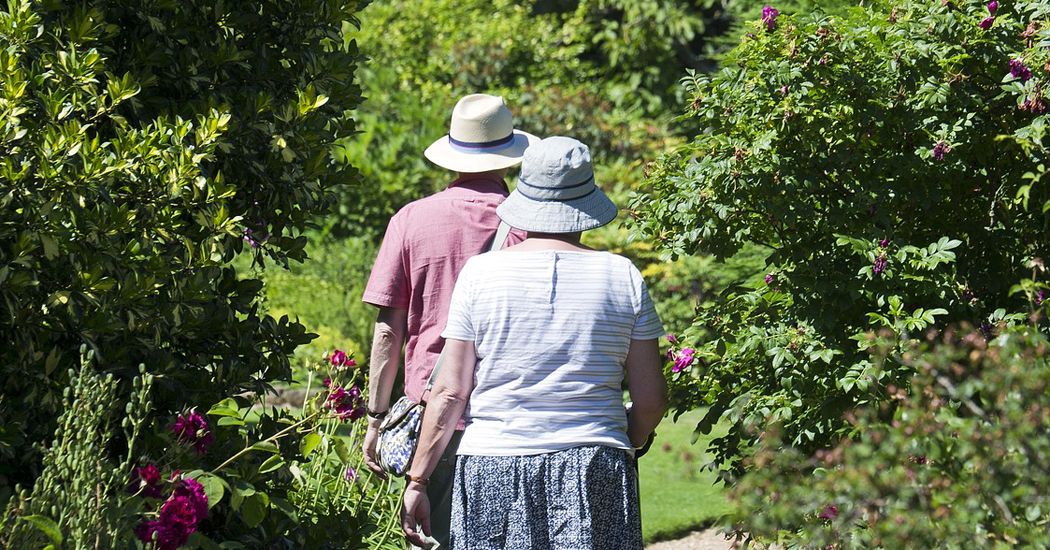Castlefin-based Nutritionist Sorcha McElchar continues her column series on Donegal Daily with a look at common questions around Vitamin D and C and their effectiveness against Covid-19.
Sorcha shares food and fitness tips on her Healthy lifestyle and Nutrition blog sorchashealthyliving.com.

Sorcha McElchar – Sorcha’s Healthy Living
With the whole world in the grip of a pandemic people are desperate to find something that will help protect them and their loved ones from the virus. Thankfully a vaccine is now available and being rolled out, but it’s still so important to take the necessary precautions like wearing your mask in public, keeping your distance, washing your hands regularly.
There has been a lot in the media about the benefits of vitamin D, and how it could possibly help prevent you from becoming very ill from Covid-19, or even from getting it at all.
Is there any truth to this? First let’s look at what the functions of vitamin D are, and the main sources.
Vitamin D is a fat-soluble vitamin that occurs naturally in only a few foods but can be used to fortify many types of food. The main sources of vitamin D are.
- Oily fish (mackerel, salmon, herring)
- Liver
- Red meat
- Egg yolks
- Some mushrooms that are exposed to sunlight make vitamin D
- Fortified foods such as cereals, other dairy products.
- Supplements
- It’s produced in the skin through UV radiation from the sun
One important function of vitamin D is aiding the absorption of Calcium in the gut, helping to maintain normal levels of Calcium and Phosphate concentrations for strong bones and teeth. It also prevents Hypocalcaemia; this is when there are low blood calcium levels and the muscles begin to involuntarily cramp and spasm.
Research has also shown that vitamin D plays a key role in immunity. Many studies have shown it can help reduce the risk of getting influenza, but there are also studies that contradict this. Vitamin D improves cellular immunity, partly by controlling inflammation provoked by the innate immune system. The innate immune system produces pro-inflammatory and anti-inflammatory cytokines in reaction to viral and bacterial infections, such as Covid-19.
People with chronic illness and the elderly are deemed as ‘high risk’. Studies have shown that people with chronic illnesses tend to have lower serum vitamin D concentrations than healthy people. Now, it hasn’t been proven that the reason this virus seems to affect this category of people worse is linked with vitamin D concentrations, it’s merely an observation at present.
The elderly is another group who have been hit hard by Covid-19. It has been shown that serum concentrations of vitamin D do tend to decrease with age. Many elderly people who are unable to get much sunlight due to being immobile, hospitalized or maybe in a nursing home would tend to have lower vitamin D levels.
Vitamin D deficiency is a very common problem in Ireland. Vitamin D deficiency has been linked to an increased risk in acquiring acute respiratory infections and community acquired pneumonia.
Supplements have been shown to reduce this risk, and it has been recommended that in Ireland everyone should be taking a vitamin D supplement, especially for the autumn and winter months when not only is there less sunlight, but the UV rays are not as efficient for producing vitamin D.
Another sign that points to vitamin D’s effectiveness at protecting against Covid-19 is that countries that are more ‘northernly’ seem to be hit hard by the virus. There is a 4.4% increase in deaths from Covid-19 for each degree latitude north of 28’, this link remained even after it was adjusted for the age of the population.
The best way to get your recommended amount of vitamin D is through food and getting enough sunlight without harming your skin but as there are very limited food sources of vitamin D, taking a daily supplement will help ensure you are getting enough. You can get vitamin D supplements over the counter in your chemist, or at your local health food shop. Just be careful to read the dosage instructions and follow them.
Vitamin D toxicity is very rare but can be very severe. You can only get vitamin D toxicity from overuse of supplements, and I mean taking over 1000µg/day for several weeks. If you are on other medications or have any medical conditions, it’s a good idea to consult your doctor before starting any kind of supplements.
Vitamin C also plays an important role in immunity. We know the main ‘high risk’ groups for becoming very ill with Covid-19 are the elderly, people with chronic illnesses such as diabetes and people who are overweight or obese. It has been shown that these people usually have lower vitamin C serum levels than normal due to excess inflammation which increases the vitamin C requirement.
In conclusion, I believe Vitamin D and vitamin C strengthens your immune system and being deficient in either of them makes you more susceptible to infections and viruses.
It’s not difficult to get your recommended amount of vitamin C per day if you eat a balanced diet with fruit and vegetables, and taking a daily vitamin D supplement or including more vitamin D rich foods in your diet will strengthen your immune system.
I don’t recommend discarding all other protective measures such as wearing a mask, washing your hands and keeping your distance from others. Making yourself healthier in general by eating healthier, exercising, looking after your mental health will help keep your immune system strong and ready to fight if needs be!
For more, follow Sorchas Healthy Living on Facebook here
Tags:

